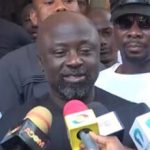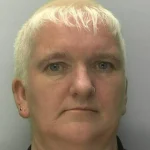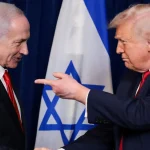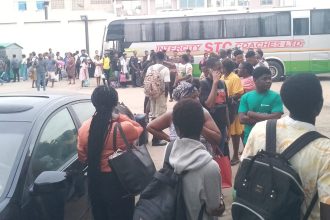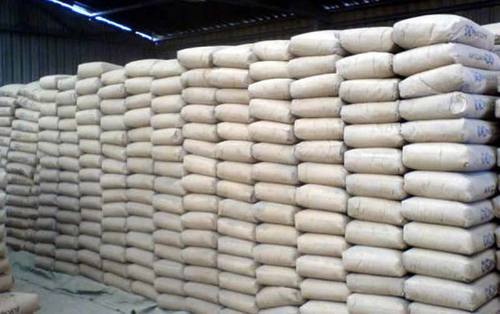There can be no justification for Ghana’s borders remaining closed, according to the Minority in parliament.
They insist that the government take immediate action to open Ghana’s land borders to facilitate the free flow of people, goods, and services within ECOWAS and the rest of the world.
Ghana’s land borders were closed in March 2020 when the country recorded its first cases of Covid-19.
The decision was part of efforts to prevent the spread of the novel virus, but cargo was allowed into the country.
However, two years on, the borders remain closed amidst agitation from residents of Elubo and Aflao borders.
“Post-Covid, we are not out of the woods yet, but we want to see a return to normalcy with the movement of goods and services to our borders and, therefore, whatever proactive measures government needs to take there can be no justification for the continued closure of Ghana’s land borders,” Minority Leader, Haruna Iddrisu, told the press in parliament.
“As a minority, our primary concern is to call on the president as chair of ECOWAS to do that which is needful to give meaning to the resolution he so chaired for ECOWAS to pass to allow and facilitate the free movement of goods and services between us, our neighbours and the rest of the world”.
Several MPs and other bodies have entreated the government to take a second look at the border closures.
MP for North Tongu, Samul Okudzeto Ablakwa, said in October last year that the situation presents a tough time for people, particularly along border towns who survive on having to cross the border as well as Ghanaian businessmen and women who cannot afford to travel by air but necessarily have to trade with counterparts in neighbouring countries.
He argued that as of 31 July 2021, all West African States except Ghana had opened their land borders for trade and movement, among others.
Mr Ablakwa expressed his frustration over the development in a Facebook post.
Similarly, MP for Jomoro, Dorcas Afo Toffey, joined scores of protestors to appeal to President Akufo-Addo to cancel border restrictions.
Several traders who were clad in red marched through the principal streets at Elubo in September 2021 to press home their demands.

According to Ms Afo Toffey, “More people have died in the area due to hardships as a result of the border closure than the COVID-19 pandemic. We are pleading with the government, President Nana Akufo-Addo, to intervene”.
Presenting their petition to the Municipal Chief Executive of Jomoro, the group drew attention to the ECOWAS meeting held on 23rd of January 2021 chaired by President Akufo-Addo, which agreed to allow free movement of persons.
The demonstrators appealed to the President to therefore allow “free movement of persons just as our neighbouring countries Togo, Côte d’Ivoire and Burkina Faso have done with regard to the decision made at the 58th Meeting of the ECOWAS Heads of States on the 23rd of January 2021 which was chaired by President Akufo-Addo.”
On August 27, some aggrieved residents of Aflao also thronged major streets in the Volta Region to protest the continuous closure of the border between Ghana and Togo.
The demonstrators who were clad in red and black attire were seen holding placards with inscriptions such as “Mie Fu Kpem”, meaning “we are suffering”, as they chanted war songs on Friday, August 27.
Residents in the Ketu South Municipality have one request: for the government to open the Aflao border to allow traders to go about their activities openly.
While acknowledging the challenges caused by the closure of the country’s land borders, President Nana Akufo-Addo said the move was in the country’s best interest.
“I know of the difficulties occasioned by the closure of our borders. As you know, the decision to close our borders, which are a source of livelihoods for many, was necessary because we wanted to limit the importation of the virus into the country,” the president explained.



